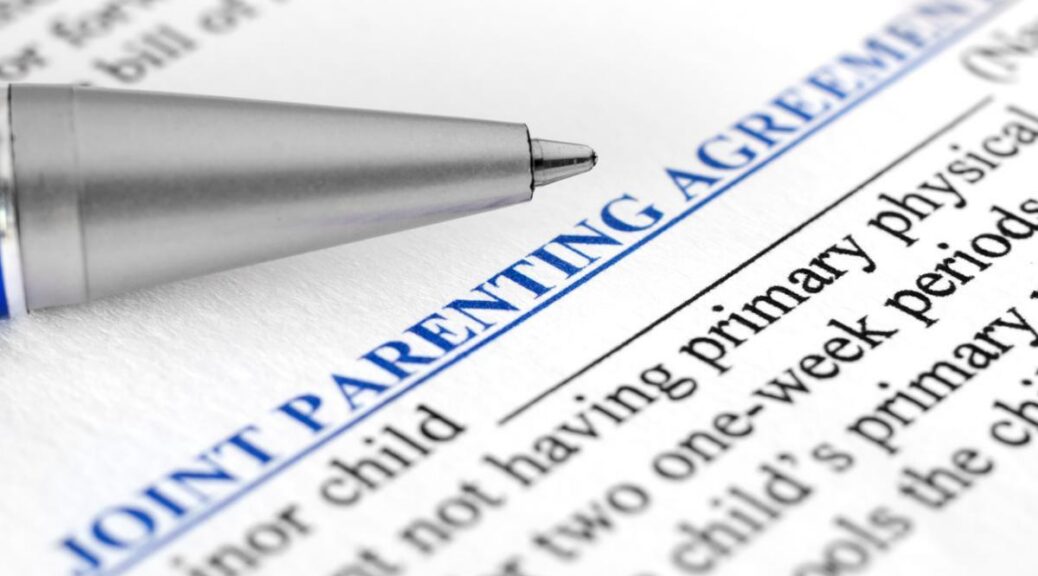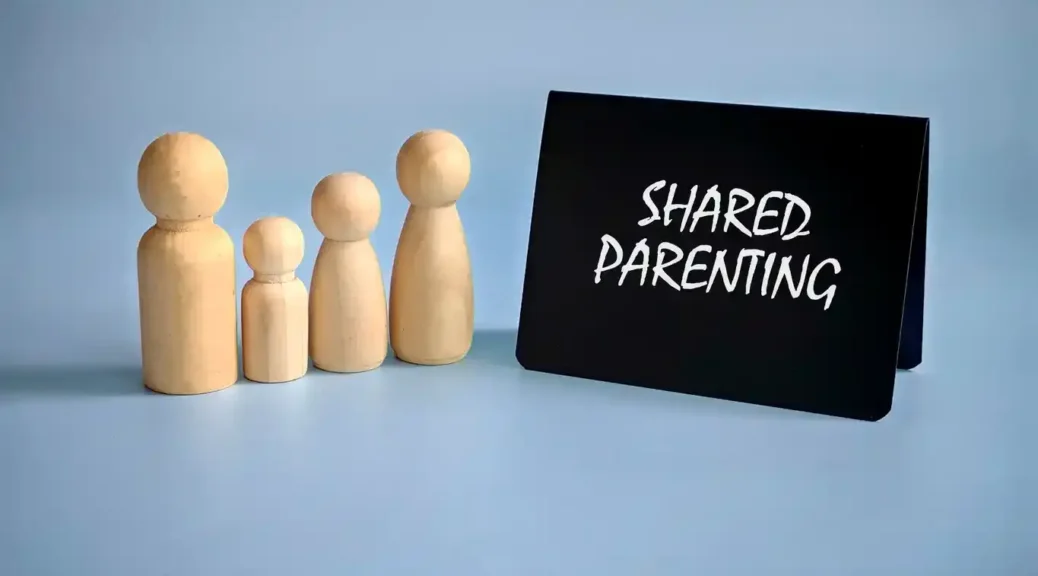As we move into 2026, it’s an ideal time to review your parenting agreement and ensure it still serves your family’s best interests. Children grow, circumstances change, and what worked last year may no longer be practical or appropriate. What happens then?
Why New Year Reviews Matter
The start of a new year brings natural transition points: new school semesters, changed work schedules, evolving extracurricular activities, and shifting family dynamics. These changes often reveal gaps or outdated provisions in existing parenting agreements. Rather than waiting for conflicts to arise, proactive parents use the new year as an opportunity to assess whether their current arrangements still work effectively.
Many parents discover that the informal adjustments they’ve made throughout the previous year should be formalized in their legal agreement. Others realize that their children’s developmental stages require different parenting time structures or decision-making processes. A new year review ensures your legal agreement reflects your actual parenting reality and protects everyone’s interests.
Common Issues of Concern with Parenting Agreements
Certified California Family Law Specialist Judy Burger helps parents navigate the complexities of updating and modifying parenting agreements to reflect their current realities.
Children’s Changing Developmental Needs
As children grow, their needs evolve dramatically. A parenting schedule that worked perfectly for a toddler may be completely inappropriate for a teenager. Younger children typically need frequent contact with both parents and predictable routines, while teenagers often benefit from more flexible arrangements that accommodate their social lives, academic demands, and extracurricular commitments.
School-age children face increasing homework loads, sports practices, music lessons, and social obligations that may conflict with established parenting time schedules. Additionally, as children mature, their preferences about custody arrangements become more significant, and California courts consider children’s wishes when age-appropriate.
Work Schedule Changes
Employment changes significantly impact parenting agreements. A parent who accepted a promotion with different hours, started a new job with a modified schedule, or transitioned to remote work may find that their current parenting time arrangement no longer fits. Similarly, parents who’ve experienced job loss or reduced hours may seek increased parenting time or modifications to child support obligations.
The rise of hybrid work arrangements and flexible schedules has created new opportunities for distributing parenting time. Parents working from home may be able to accommodate midweek overnight visits that weren’t previously feasible, or provide care during times that previously required childcare arrangements.
Relocation Considerations
Whether across town or across the state, relocation dramatically affects parenting agreements. Even moving to a different school district within the same city can necessitate revisions to drop-off and pick-up arrangements, school designation clauses, and transportation responsibilities.
Long-distance moves require comprehensive agreement modifications addressing holiday schedules, summer vacation time, travel expenses, and virtual visitation arrangements. California law requires parents to provide notice before relocating with children, and such moves often trigger formal modification proceedings.
Holiday and Vacation Schedule Conflicts
Holiday schedules that seemed fair initially sometimes prove problematic in practice. Parents may discover that alternating years for major holidays creates hardships, especially when extended family traditions are involved. Additionally, as children age and develop relationships with step-siblings or extended family members, holiday priorities may shift.
Vacation planning often reveals agreement ambiguities. Questions arise about how much advance notice is required, whether vacation time supersedes regular parenting time, how travel expenses are divided, and what happens when both parents want the same vacation period.
Technology and Communication Issues
Modern parenting agreements must address technology-related concerns that didn’t exist a generation ago. Issues include which parent provides cell phones, who pays for devices and data plans, rules about social media access and monitoring, and protocols for virtual visitation when distance separates parent and child.
Communication between co-parents has also evolved with technology. While email and co-parenting apps can facilitate better communication, they can also create new conflicts. Agreements should specify communication methods, response timeframes, and guidelines for respectful interaction.
Educational and Medical Decision-Making
Disagreements about educational choices—including school selection, special education services, tutoring, or extracurricular activities—commonly arise as children’s needs become clearer over time. Similarly, medical decision-making disputes involving mental health treatment, elective procedures, medication management, or alternative therapies may require clarification of the agreement.
The pandemic’s aftermath has introduced new considerations regarding vaccination decisions, remote learning options, and health precautions that many existing agreements don’t address.
How Certified Family Law Specialist Judy Burger Can Help
Judy L. Burger holds the prestigious designation of Certified Family Law Specialist by the State Bar of California Board of Legal Specialization. This certification, held by fewer than 10% of California family law attorneys, demonstrates exceptional knowledge, experience, and skill in family law matters, including modifications to parenting agreements.
With extensive experience helping California families navigate custody and visitation issues, Judy Burger understands that parenting agreements must be both legally sound and practically workable. She takes time to understand your family’s unique dynamics, your children’s specific needs, and your co-parenting challenges before recommending modifications.
The Law Offices of Judy L. Burger can help you determine whether informal modifications should be formalized, whether significant changes warrant formal modification proceedings, or whether mediation might resolve disputes without court intervention. Judy’s approach prioritizes children’s best interests while protecting your parental rights and creating sustainable solutions.
Whether you need minor tweaks to an existing agreement or comprehensive modifications addressing changed circumstances, Judy Burger provides strategic guidance grounded in deep knowledge of California family law. She helps parents draft clear, comprehensive provisions that minimize future disputes and create frameworks for addressing issues as they arise.
Frequently Asked Questions About Parenting Agreements
How often should I review my parenting agreement?
Parents should review their parenting agreements at least annually, ideally at the start of each year or before the new school year begins. Additionally, review your agreement whenever significant life changes occur, such as job changes, relocations, remarriage, or shifts in your child’s needs. Regular reviews help identify issues before they become conflicts.
Can we modify our parenting agreement without going to court?
Yes, if both parents agree to modifications, you can create a written stipulation outlining the changes and submit it to the court for approval. This process is typically faster and less expensive than contested modification proceedings. However, informal changes without court approval aren’t legally enforceable, so formalizing even agreed-upon modifications is important.
What constitutes a significant change of circumstances for modification?
California courts require a significant change of circumstances to modify custody orders. This includes substantial changes in a parent’s living situation, work schedule, or ability to care for the child; the child’s changing needs as they mature; relocation; remarriage affecting the household; or evidence that the current arrangement harms the child’s welfare.
How does my child’s preference factor into agreement modifications?
California law allows courts to consider children’s preferences when they’re mature enough to express reasoned opinions, typically around age 14. However, judges consider children’s wishes as one factor among many, not the sole determining factor. The child’s reasoning, both parents’ relationships with the child, and the child’s overall best interests all matter.
What if my co-parent won’t agree to the necessary changes?
When parents cannot agree on modifications, you can file a Request for Order asking the court to modify your parenting agreement. You’ll need to demonstrate that circumstances have changed significantly since the original order and that the proposed modification serves your child’s best interests. Having experienced legal representation significantly improves your chances of achieving favorable modifications.
Start 2026 with a Parenting Agreement That Works
Don’t let an outdated parenting agreement create unnecessary stress and conflict in 2026. Whether you need minor adjustments or significant modifications, The Law Offices of Judy L. Burger provides the experienced guidance you need to create parenting arrangements that truly serve your family’s current needs.
Contact Certified California Family Law Specialist Judy Burger today to schedule a consultation. With offices throughout California, we’re ready to review your existing agreement, identify areas needing modification, and help you create solutions that prioritize your children’s well-being while protecting your parental rights.
Call us or visit our website to take the first step toward a parenting agreement that works for your family in 2026 and beyond.











